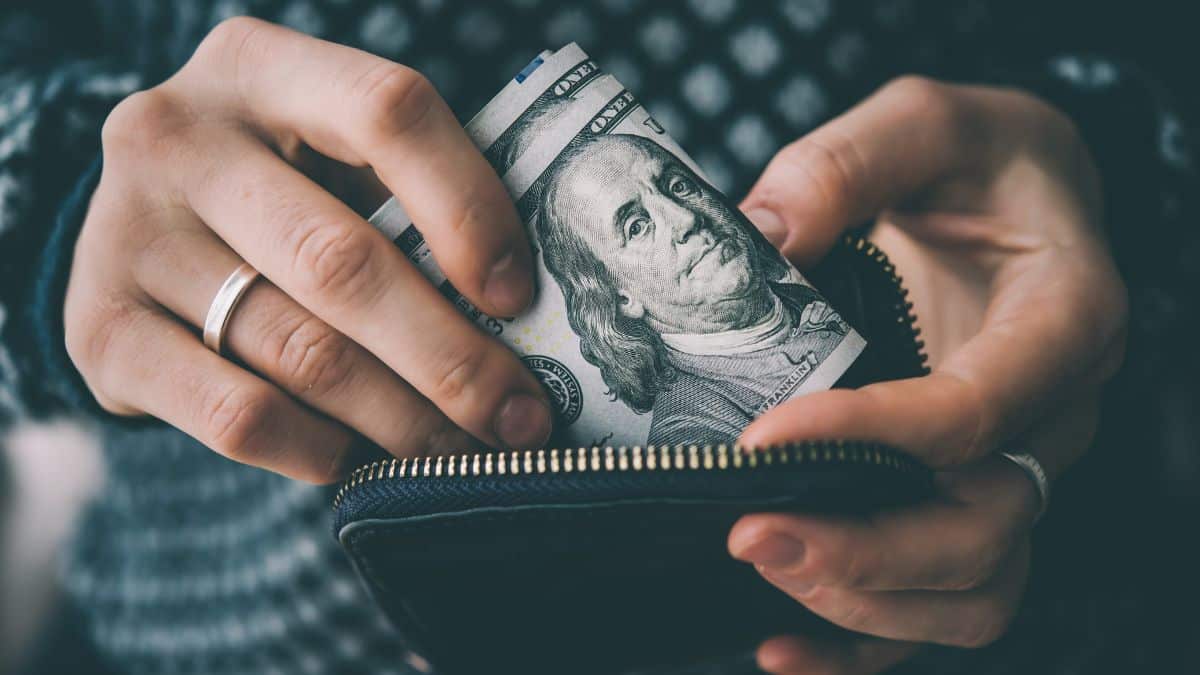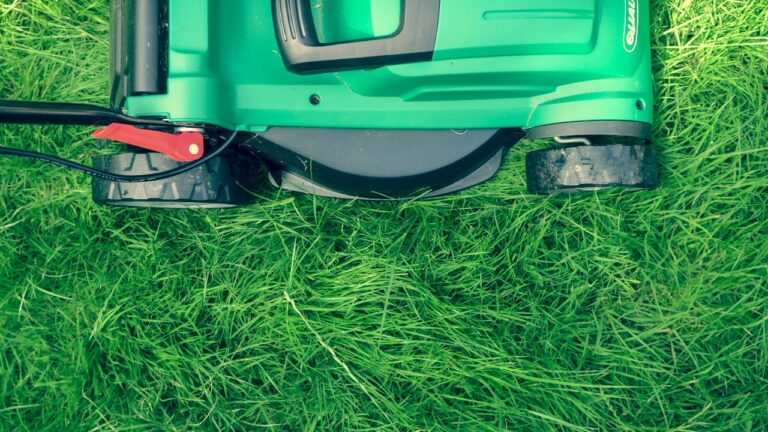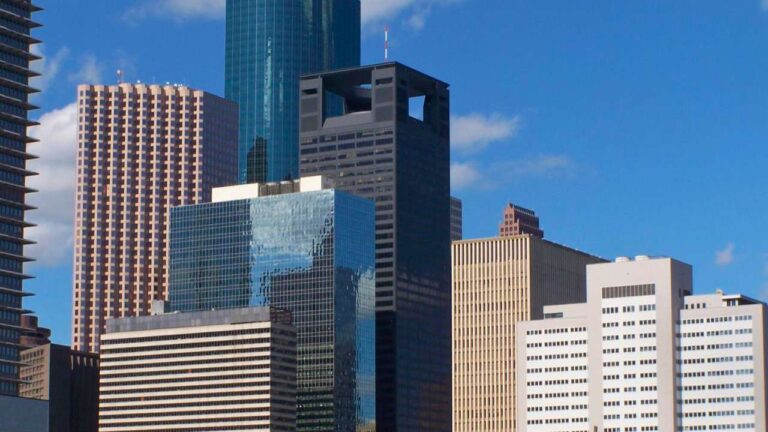Here Are 13 Things You Should Only Pay for in Cash

Most people have begun using digital payments, such as Apple Pay and Google Pay, in addition to credit cards. While digital payments and credit cards are convenient and quick, they also carry hidden charges.
In addition, many retailers and service providers may not accept these forms of payment as they may lack a fully functioning point-of-sale (POS) system. As a result, cash is still the preferred form of payment at many establishments.
If you were wondering where you must still use good ol’ cash as the preferred form of payment, we did some groundwork for you. We analyzed various trends and reviewed multiple opinions to determine 13 things you should only pay for in cash.
1. Private Medical Consultations

While established and larger healthcare centers are equipped with advanced POS systems, private practitioners, clinical psychologists, and allied health professionals may not possess them in their offices. While they may accept credit cards using one of the many online payment processing services, they may frown upon this practice.
Medical and health professionals prefer to spend their valuable time treating their patients and clients and, hence, may find it irksome to review their payments on a processor. Moreover, they may not be very tech-savvy. You’ll be better off paying by cash at the dentist’s or the general physician’s clinic.
2. Gas

If you live in the US, you will be accustomed to seeing two separate price lists for cash and credit. This is because, merchants are allowed to add an additional processing fee when customers pay with their credit cards.
When you pay by cash, you get a better deal on gas and avoid additional card-related fees that the gas station may impose on you. Indeed, it makes sense to carry some cash with you the next time you decide to buy some gas.
3. The IRS

Many people find it difficult to do their own taxes and hence hire accountants to do them for them. You should consider paying not only the accountants but also the IRS only in cash.
All three payment processors the IRS uses have a higher transaction fee for credit cards than debit cards. If you use cash, you don’t have to pay any processing fee at all.
4. Tips

The economy is quite alarming these days, and many people who work in the service sector depend on tips for survival. However, paying by credit card or adding a tip using one of the ubiquitous tablet screens may not be a good idea.
When you tip in cash, the employee gets it immediately. However, all other forms of payment result in delays and potential deductions due to various factors, including employer policies.
5. Parking Fee

If you plan to visit an event or a gathering, be prepared to carry some cash with you for paying the parking fee. Although some establishments accept card payments, most do not have this facility.
Paying by cash makes it easier for the attendant to direct you to a suitable parking space and avoid unnecessary delays. Let’s not forget that there will be many vehicles behind you waiting for their spot in the parking lot.
6. Returnable Goods

Most people purchase goods on a whim and later realize they don’t need them. Clothes are a prime example; many people buy clothing without trying it on and later decide to return.
As stores make refunds to the original form of payment, credit card refunds can take many days. On the other hand, if you pay by cash, you will be reimbursed immediately upon returning the goods.
7. Purchases Made Overseas

If you’ve watched travel shows before the 2000s, it was common for the host to exchange money the moment he/she stepped outside the airport. Even today, exchanging your dollars for local currency is a better idea than flashing your card at stores when overseas.
Credit cards have high rates of international transaction fees, and you may even have to pay currency conversion charges. To avoid that, pay in cash or local currency at every store.
8. Utilities

If you have used your credit card to pay your electricity, water, gas, and other utilities-related bills, think again. These services are often provided by governmental agencies, which may transfer transaction fees back to you.
It is always a good idea to pay utility bills in cash so that you keep your credit limit available for emergencies. Making a paradigm shift toward using credit cards only during emergencies will also help build financial discipline.
9. Home Services

Small business owners or freelancers provide home services such as plumbing, gardening, and housekeeping. These entities usually do not have access to advanced POS systems and prefer cash as the primary mode of payment.
Savvy individuals and businesses may have moved towards accepting digital payments and credit cards by opting for online payment processing services. However, these processors are expensive, and service providers will most likely shift this additional fee burden to you.
10. Minor Repairs

If you are getting your car, an electronic gadget, or something else repaired, try to pay in cash. Like home services, most are run by small businesses or freelancers.
They either accept cash or use newer online payment processing services that charge a higher credit card processing fee. Paying by cash allows them to offer a discount and retain customers.
11. Acts of Kindness

Donations, charity, and even small acts of kindness are best undertaken via cash. Charitable organizations may let you pay by card, but it goes against good financial advice to use your credit card for charity or donations.
Instead, use spare cash and a part of your savings (if you are really well off) to make donations. This will not only reduce the burden on the receiver but will also help you donate more.
12. Hobby-Related Expenses

Multiple studies show that having a hobby is essential for your psychological health. It is also associated with higher productivity rates at work and improved emotional well-being.
However, hobbies cost money, especially if they require the purchase of supplies. Make sure you spend cash on all your hobby-related expenses so you don’t go overboard as you normally would if using credit cards.
13. Self-Care Activities

If you are working on inculcating financial discipline and are on a budget, you might wonder if it is okay to spend money on self-care. After all, therapists advise spending on things that give you emotional comfort and solace.
The smart thing to do is to avoid using your credit card for self-care-related expenses. Instead, spend your cash on whatever brings you joy and comfort.





